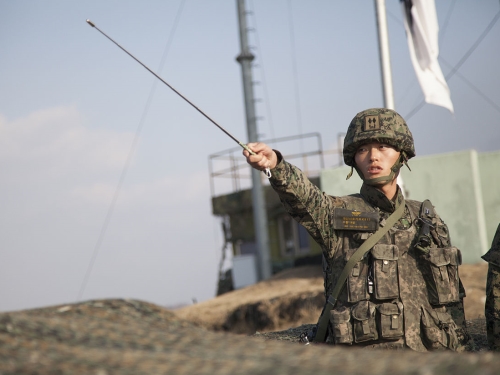
This article was originally published by the IPI Global Observatory on 25 February 2015.
The security climate of East Asia is changing. Last month, the Japanese Cabinet under Prime Minster Shinzo Abe approved a record defense budget of 4.98 trillion yen (42 billion USD) for fiscal year 2015. This is two percent more than last year and the third consecutive increase after more than a decade of stagnation. As of 2013, the Stockholm International Peace Research Institute (SIPRI) ranked Japan’s military spending as the world’s eighth largest.
With the country still in the economic doldrums, experiencing ballooning public debt and facing sharpening controversy over the government’s attempts at altering the war-renouncing constitution, Abe has justified the increased spending with the need to counter Chinese maritime expansion in the East and South China Seas. His government is also adamant Japan needs a stronger and more active military to contribute to the furthering of international security through “proactive pacifism.”
